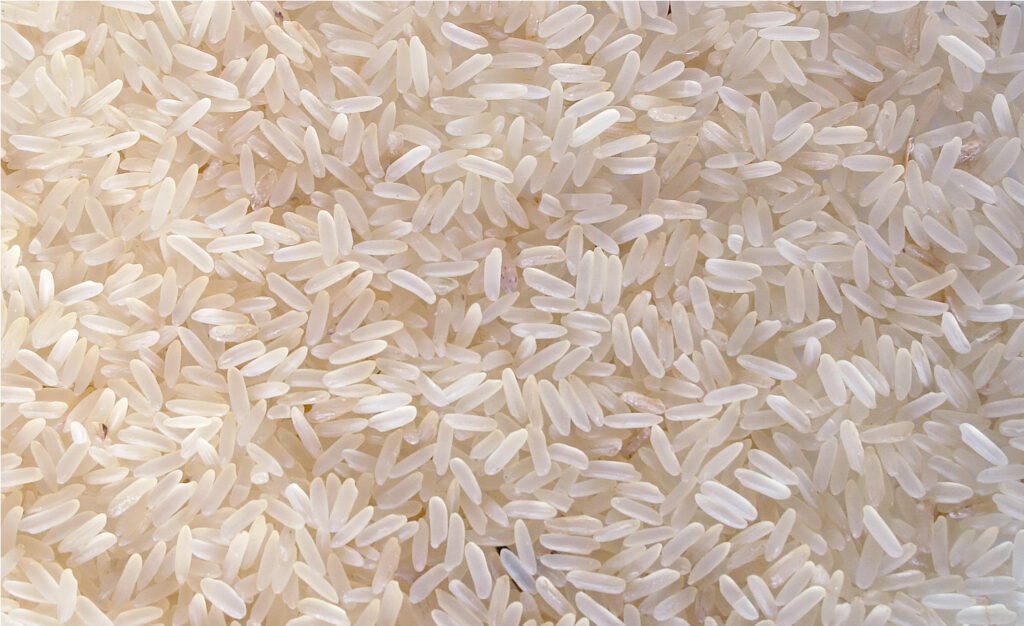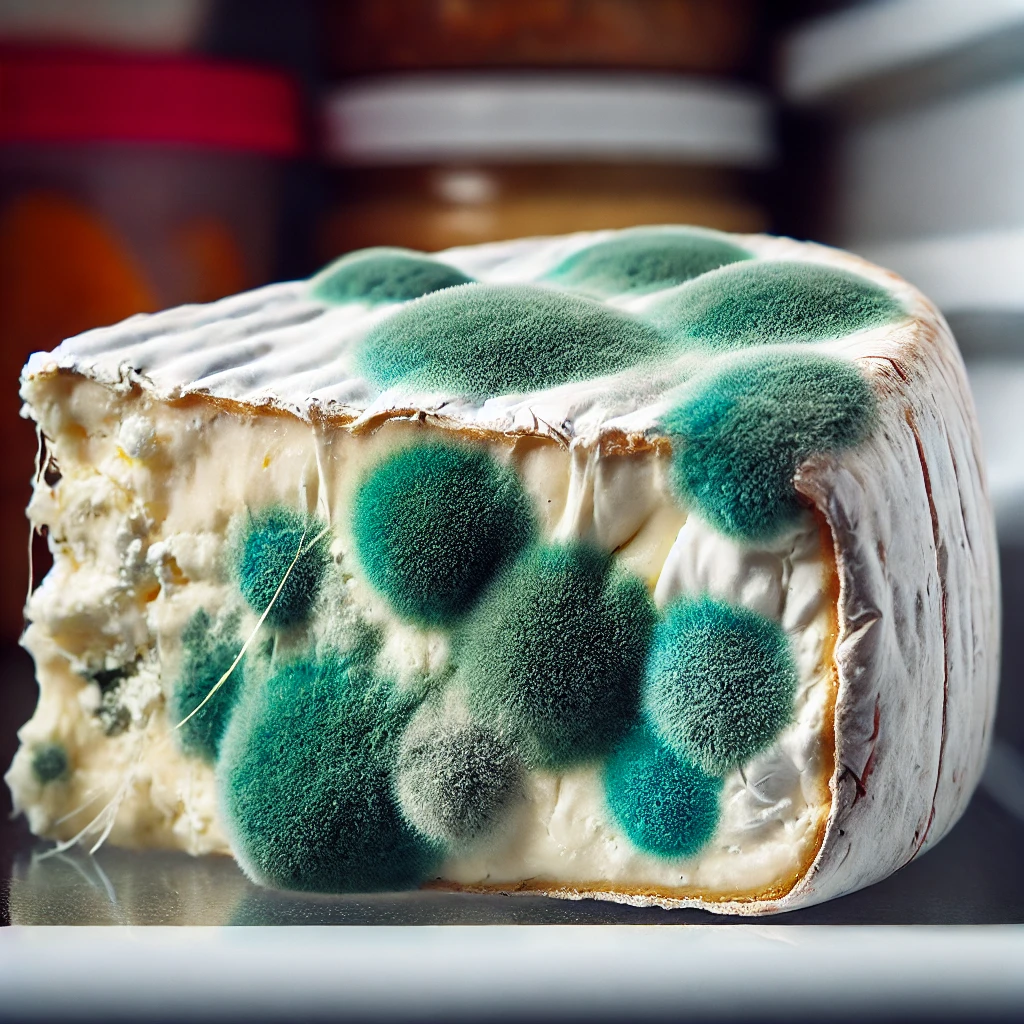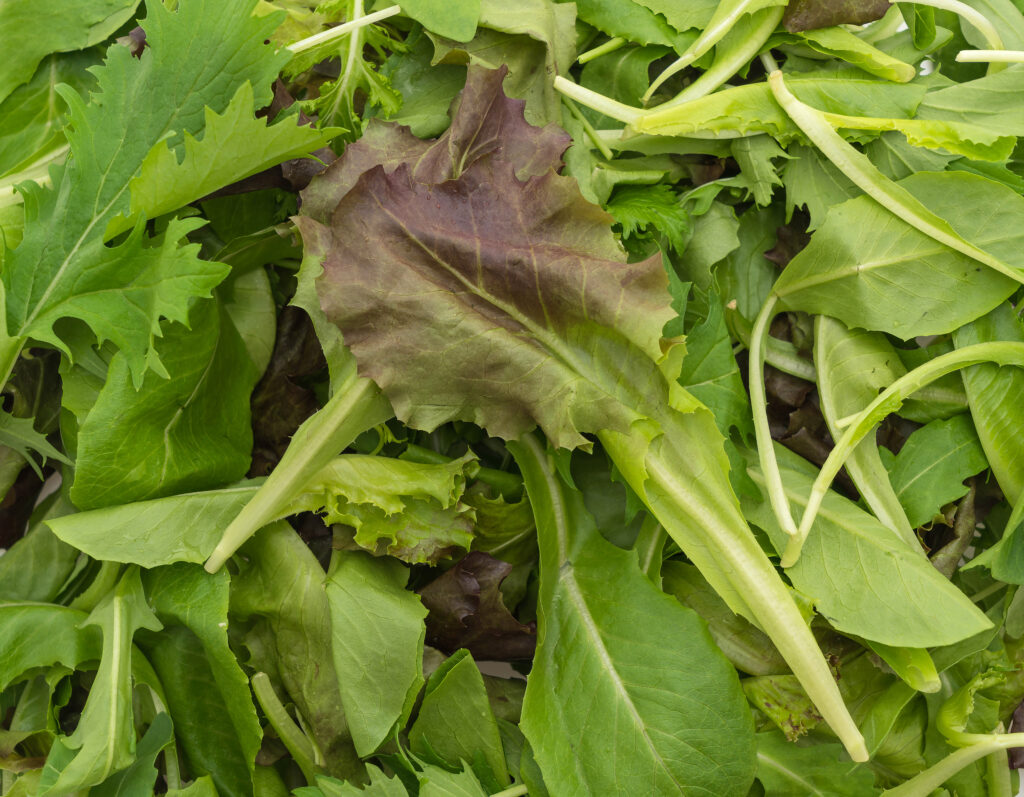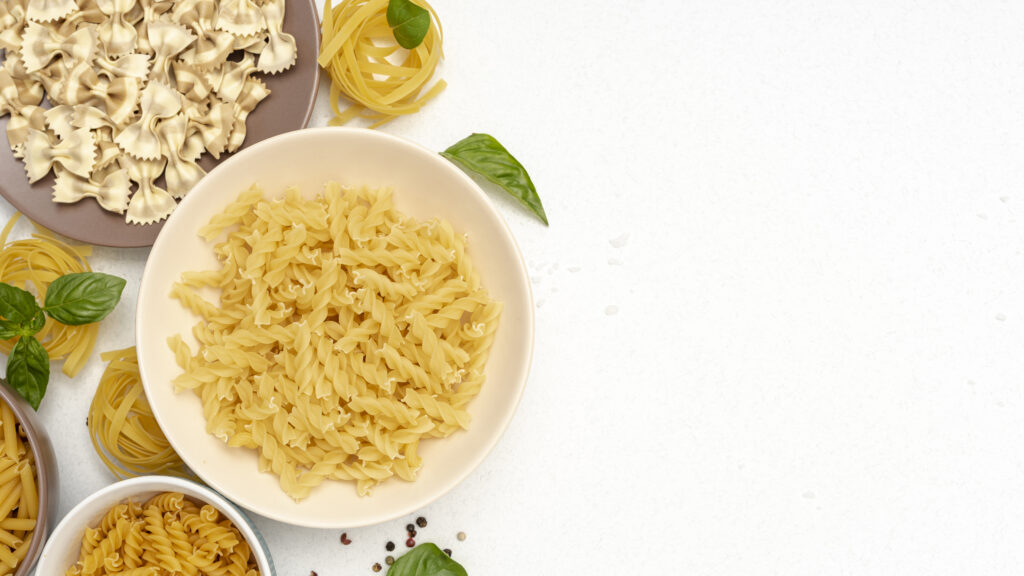We’ve all been there—opening the fridge, rummaging through the shelves, only to find something that’s been hiding in the back for far too long. While most of us try to keep our refrigerators stocked with fresh, healthy food, some items tend to linger longer than they should. Whether it’s expired, spoiled, or simply unhealthy, these foods need to go. Here are 9 foods that should be thrown out of your fridge immediately, for the sake of your health and sanity.
1. Old Condiments:

Condiments like ketchup, mustard, and salad dressings are staples in most households. However, they often stick around much longer than they should. Even if a condiment doesn’t smell bad or look off, it can still lose its flavor and nutritional value after its expiration date. Old condiments can also harbor bacteria or mold, especially if they’ve been left out of the fridge for long periods.
Throw Out If: The expiration date has passed, the texture has changed, or it has an off smell.
Replacement Tip: Buy smaller bottles of condiments to ensure you use them up before they expire. Keep an eye on expiration dates and discard any items that have been sitting around too long.
2. Rice

Keeping old rice in your fridge can be dangerous because it can harbor harmful bacteria like Bacillus cereus, which can cause food poisoning. Even if the rice looks and smells fine, bacteria can grow on it if it’s been stored for too long or wasn’t cooled down properly after cooking. This bacteria is heat-resistant, meaning that reheating the rice may not kill it. Symptoms of Bacillus cereus poisoning include nausea, vomiting, and diarrhea, which can occur just a few hours after consuming contaminated rice. To avoid this risk, it’s important to discard cooked rice after three to five days, store it in airtight containers, and refrigerate it promptly after cooking.
3. Cheese: The Fungus Among Us

Cheese lovers know that not all molds are harmful—some, like those found in blue cheese, are part of the product’s design. However, if you find mold on a block of cheese where it doesn’t belong, it’s time to toss it. While cutting off the moldy part might seem like a solution, some molds can penetrate deep into soft cheeses, making them unsafe to eat.
Throw Out If: The cheese is visibly moldy (especially soft cheeses like brie or goat cheese) or smells unusually strong.
Replacement Tip: Store cheese properly, wrapped in wax paper or a special cheese bag, and check for freshness regularly. Hard cheeses, like Parmesan, can often be salvaged by cutting off the mold, but when in doubt, throw it out.
4. Slimy Deli Meats:

Deli meats like ham, turkey, and salami are a convenient option for sandwiches and snacks, but they don’t last as long as you might think. Once opened, deli meats are only good for three to five days in the fridge. If you notice a slimy texture or an off smell, it’s time to toss them out.
Throw Out If: The meat feels slimy, has an odd color, or smells bad.
Replacement Tip: Only buy as much deli meat as you plan to use in a few days. Consider freezing portions to extend their shelf life and reduce waste.
5. Greens:

Greens like spinach, lettuce, and kale are packed with nutrients, but they can go bad quickly if not used in time. Once greens start wilting, they lose their nutritional value and can become breeding grounds for bacteria. Eating wilted or slimy greens can lead to stomach upset or worse.
Throw Out If: The leaves are slimy, discolored, or have a foul odor.
Replacement Tip: Store greens in the crisper drawer of your fridge and use them within a few days of purchase. Washing and drying them thoroughly before storing can help extend their freshness.
6. Dairy Products:

Milk, yogurt, and other dairy products have a limited shelf life, even when refrigerated. Consuming expired dairy can lead to foodborne illnesses like listeriosis, which can cause nausea, vomiting, and diarrhea. While some dairy products might look or smell fine past their expiration date, it’s not worth the risk.
Throw Out If: The expiration date has passed, or it has a sour smell or taste.
Replacement Tip: Only buy the amount of dairy you’ll realistically use before the expiration date. If you have dairy that’s about to expire, consider using it in recipes that require cooking, as heat can kill some bacteria.
7. Eggs:

Eggs are a staple in most kitchens, but keeping them around too long can be dangerous. While eggs have a relatively long shelf life in the fridge, they do eventually go bad. Old eggs can harbor harmful bacteria like salmonella, which can cause serious illness if consumed.
Throw Out If: The eggs are past their expiration date, or they fail the “float test” (if they float in water, they’re no longer good).
Replacement Tip: Store eggs in their original carton in the coldest part of your fridge (not the door). Use eggs within three to five weeks of purchase.
8. Old Salad Dressings: The Oxidized Oils

Salad dressings, particularly those made with oil, can go rancid over time. Once opened, dressings typically last about one to three months in the fridge. Eating rancid oil can cause stomach issues and leave a bad taste in your mouth. Some dressings can also separate, leading to an unpleasant texture.
Throw Out If: The dressing has separated, smells rancid, or is past its expiration date.
Replacement Tip: Buy smaller bottles of salad dressing if you don’t use it often, and make sure to shake it well before using. Homemade dressings made with fresh ingredients should be consumed within a few days.
9. Old Cooked Grains and Pasta: The Forgotten Carbs

Cooked grains like rice, quinoa, and pasta can only be stored in the fridge for about three to five days before they start to spoil. Eating old, cooked grains can lead to foodborne illnesses, especially if they weren’t stored properly in the first place. Bacteria like Bacillus cereus can thrive in improperly stored cooked rice, leading to serious stomach issues.
Throw Out If: It’s been more than five days since you cooked the grains, or they smell sour.
Replacement Tip: Store cooked grains in airtight containers and label them with the date they were made. If you have more than you can eat within a few days, consider freezing individual portions for later use.
Conclusion: Clean Out and Stay Fresh
Keeping your fridge free of expired or spoiled food is essential for both your health and your taste buds. Regularly cleaning out your fridge and discarding items that have passed their prime can help you avoid foodborne illnesses and make room for fresh, nutritious food. So, take a few minutes to go through your fridge today, and say goodbye to those sneaky food hazards. Your future self will thank you!
